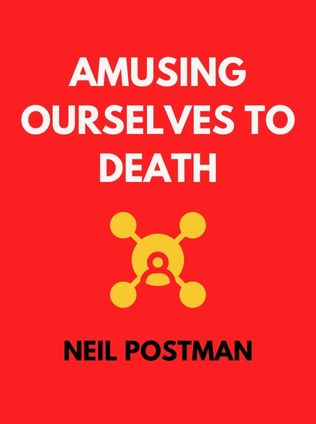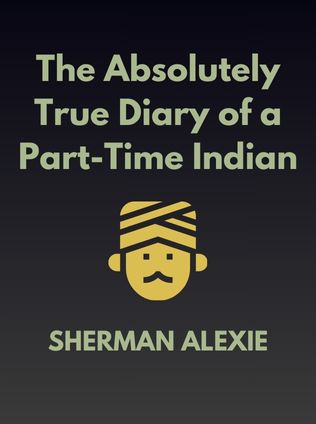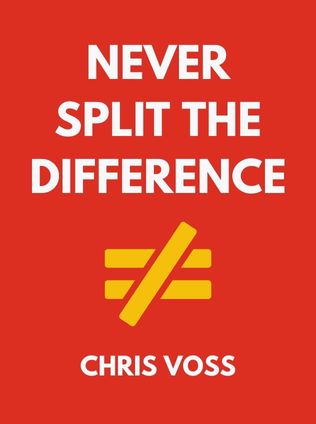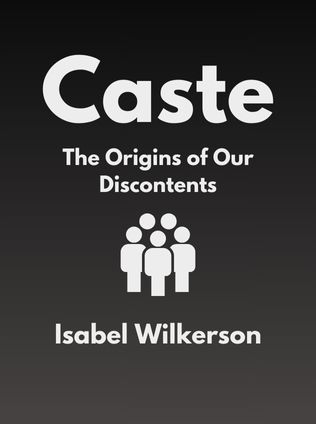
Amusing Ourselves to Death
By Neil Postman
Published 01/1900
About the Author
Neil Postman was an American author, educator, media theorist, and cultural critic, best known for his work in analyzing the impact of media and technology on society. Born in 1931, Postman spent much of his career exploring the ways in which various forms of communication influence human behavior, culture, and thought. He was a professor at New York University, where he held the position of chair of the Department of Communication Arts. His writing was characterized by a deep concern for the preservation of rational discourse in an age increasingly dominated by images and entertainment. Postman’s most influential works include “The Disappearance of Childhood”, “Technopoly”, and perhaps most notably, “Amusing Ourselves to Death”. In this seminal work, Postman articulates a prescient critique of the role of television and other entertainment media in shaping public discourse, a theme that resonates with even greater urgency today as digital media continues to evolve.
Main Idea
“Amusing Ourselves to Death” is a prophetic examination of the consequences of television and entertainment media on the fabric of public discourse and culture. Postman argues that as television became the dominant medium of communication in the 20th century, it transformed every aspect of public life—politics, religion, education, and even the news—into entertainment. He warns that this shift has trivialized our public discourse, reducing it to mere spectacle, where the substance of ideas is overshadowed by the demands of entertainment. Postman’s central thesis is that the medium of communication dictates the content of our culture, and as television—and now digital media—have come to dominate, they have reshaped our society in ways that favor amusement over substance, leading us toward a Huxleyan dystopia where people are enslaved not by force, but by their own love of entertainment.
Table of Contents
- Introduction: The Medium is the Metaphor
- The Typographic Mind
- The Age of Show Business
- Peek-a-Boo World
- The Decline of Public Discourse
- The Huxleyan Warning
- Reclaiming Discourse
Introduction: The Medium is the Metaphor
Neil Postman begins his exploration by introducing the concept that "the medium is the metaphor." This idea builds on Marshall McLuhan's famous assertion that "the medium is the message." Postman takes this further by arguing that the medium through which we communicate shapes not only the message itself but also the way we understand and interact with reality. In a culture dominated by television, the very nature of communication changes to suit the medium, leading to the transformation of complex ideas into mere entertainment.
“Our conversations about nature and about ourselves are conducted in whatever ‘languages’ we find it possible and convenient to employ. We do not see nature or intelligence or human motivation or ideology as ‘it’ but only as our languages are.” - Neil Postman
Television, as a medium, prioritizes visual spectacle and emotional engagement over rational discourse and deep thinking. Postman argues that this has significant implications for society, as it encourages a form of communication that is more about sensation than substance. The implications are profound: in a television-dominated culture, everything from politics to religion becomes subject to the demands of entertainment.
The Typographic Mind
Postman contrasts the television age with what he calls the “Typographic Mind”—the period in American history when print was the dominant medium of communication. In this era, public discourse was shaped by the written word, which demanded a certain level of literacy, rationality, and attention to detail. The printed word requires readers to engage in logical reasoning, to follow complex arguments, and to develop a nuanced understanding of the world.
Sign up for FREE and get access to 1,400+ books summaries.
You May Also Like
How To Win Friends and Influence People
The All-Time Classic Manual Of People Skills
By Dale CarnegieFreakonomics
A Rogue Economist Explores the Hidden Side of Everything
By Steven D. Levitt and Stephen J. DubnerQuiet: The Power of Introverts
The Power of Introverts in a World That Can't Stop Talking
By Susan Cain



















